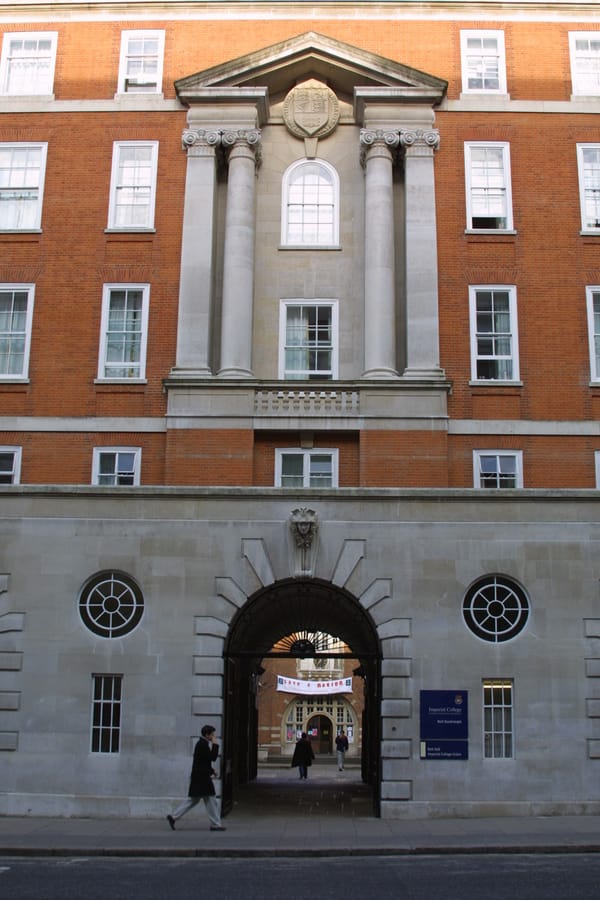Is Universal Basic Income the real solution to poverty?
A two-year experiment in one form of Universal Basic Income (UBI) has just come to a close and its results have set both the UBI fans and critics twittering. Calum Drysdale explores both the results of the Finland experiment and what this might mean for UBI in the future.
Before I begin I should clarify some terms. The Finland experiment cannot truly be called an experiment in Universal Base Income. UBI is the idea that the government should give each of its citizens a ‘basic’ form of income. It has been picked up by both the left and the right with both the Green party and The Adam Smith Institute (an influential centre right think tank) advocating on its behalf. While ideology varies, UBI has attracted a certain utopian miasma, being heralded as the solution to everything from homelessness to automation caused job loss to an overly complicated welfare system. The two-year experiment in Finland that has just concluded was not a form of UBI. Rather than giving money to a truly random selection of people across the demographic, socio-economic and cultural range of the country, unemployed citizens between 25 and 58 were provided with €560 (£475) per month on top of any other forms of welfare. However, while limited, it provides a very good case study for the policy.
Unfortunately for the utopianists, the results were not unequivocally positive. While the sample group has reported higher levels of both physical and mental wellbeing, unemployment figures did not vary from the control group.
While the limited nature of the study limits what conclusions we can draw, it does cause us to think about what we want from a social welfare program. The Finland experiment was not renewed due to a perceived lack of success. The desired reduction in unemployment, claimed to be one of the major benefits of UBI, failed to materialise. However, how can we measure the success of a program that caused its recipients to have “less stress symptoms as well as less difficulties to concentrate and less health problems than the control group”. Advocates argue that this increase in quality of life is priceless.
Other studies conducted elsewhere have had more positive results. GiveDirectly, a charity that provides direct cash payments to extremely poor people in countries such as Kenya and Uganda, claims that cash transfers have had a positive impact in both the long and short term, leading to big reductions in HIV/AIDS infection rates and low birth weight while not causing an increase in the purchase of temptation goods such as alcohol or tobacco.
A key difference between these programs is their scale. GiveDirectly gave Kenyans $25 a month on top of any other income, which, in a country where the poverty line is $57 a month, represents a fairly major sum. In contrast, the Finnish study gave €560 per month. In a country where the average wage is €3470 per month. Obviously, these numbers are not directly comparable but I hope they demonstrate my point that the money paid to the Kenyans, many of whom had income sources other than welfare, is of a different scale to the money paid to the unemployed Finnish.
I think what can be taken from this is that, while giving money to anyone is going to make them happier, it is not going to act as a panacea. People are usually unemployed due to underlying issues such as a lack of education or chronic health problems. These people often need more than just cash. They need active help from the state rather than hands off and impersonal cash. Here we arrive at my own personal bugbear about UBI.
I believe that any program that funnels money towards the poor and unemployed would have a similarly positive effect. For me, UBI has two major flaws. Firstly, rather like free university tuition, UBI is a poisoned chalice that is regressive rather than progressive. Whilst you can argue that giving money to the middle classes is going to improve their lot, it is extremely inefficient. Why give money to people that do not need it when it could be better spent? In this capacity, UBI is a way of sweetening the medicine of welfare in the eyes of the middle classes by making it seem fair and balanced as everyone receives the same amount. The money would be a boost to those who know how to handle money and not those, like the unemployed or homeless, that have a proven bad track record.
However, just like the poll tax that charges everyone the same flat amount, UBI is extremely regressive. As an extension of this, the argument made by right-wing advocates of UBI, that it would reduce the bureaucracy of welfare, is a narrow minded one. By limiting welfare exclusively to UBI the state would be failing in its duty to provide for its poorest members.
Secondly, if UBI is intended as a replacement of the safety net and as an answer to the problems brought on by automation, it will raise important questions about the responsibilities of the state to its people. Should the government keep funding social services, the NHS and jobseekers if every citizen has, in theory, the means to live?
UBI is, to me, a blunt instrument to a complicated problem. The British Universal Credit system, that aims to simplify the benefit system, is far more efficient, even if it has been hamstrung by Tory ideologues.








